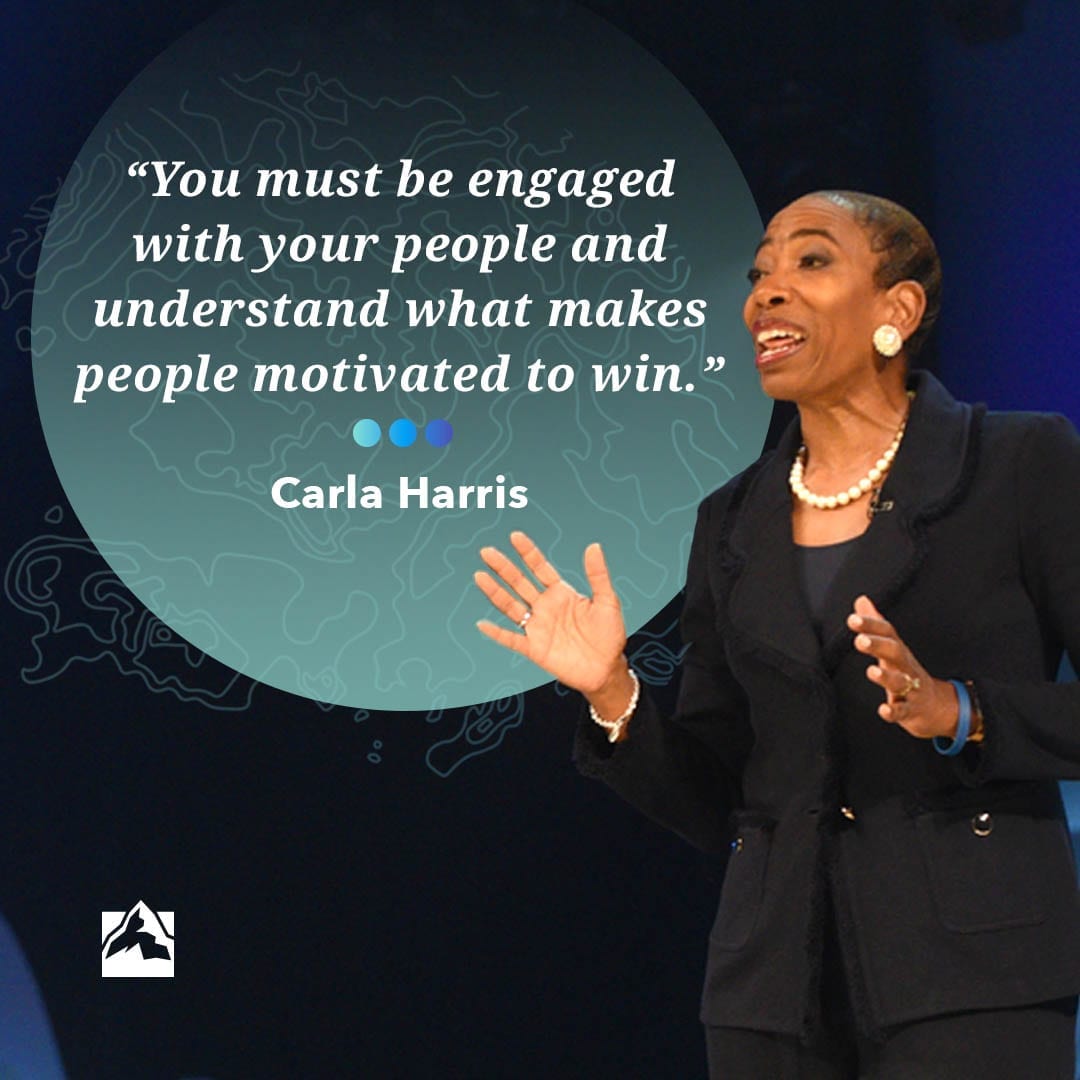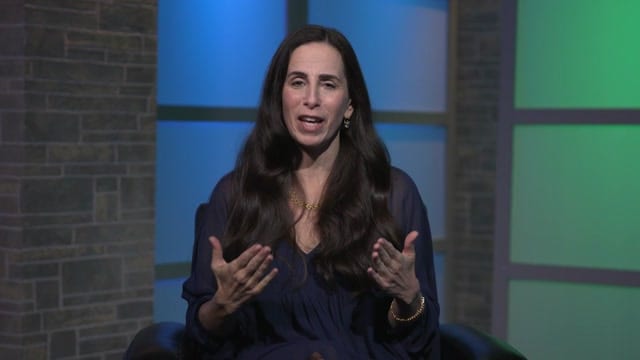
We cannot expect God to speak to us in our narrow corridor of thinking. As Scripture shows us, He may speak to us through a saint or a sinner. Through a conservative or a liberal. Through a man or a woman or a young child. Through an old person or a young person. Through an educated or an illiterate person. Through a local person or a foreigner. We have at all times to be ready to listen with an unprejudiced mind and heart. -Theologian and author Henri Nouwen
I met Pastor Sabo in 2005. He is a pastor in Niamey, Niger, one of the poorest nations in the world. He does wonderful work feeding the hungry, sheltering the homeless and caring for orphans and widows. I spoke at his church and the gratitude and kindness of the people who attended was overwhelming.
As Americans do, I had crammed several months of meetings into a 10-day trip in this West African country. I was constantly on the go, trying to make the most of my time.
I had scheduled back-to-back meetings and talks on the day I was to leave. Then I got a call from Pastor Sabo who said he urgently needed to see me before I left.
Pastor Sabo arrived at the house where I was staying, and we sat in rocking chairs on the back porch that overlooked the massive Niger River.
Pastor Sabo was silent. He had a peaceful look on his face. I waited for him to tell me why he urgently needed to meet with me, but he said nothing. He just sat there, rocking back and forth in his chair.
I was confused and a little frustrated. Impatient might be the right word. It became awkward, two men sitting next to each other saying nothing. The silence seemed to go on forever.
Diverse relationships expand our understanding of the world, enrich our lives and make us better people and leaders.
My brain was about to explode. Just as I was ready to break the silence, Pastor Sabo gently reached over and took my hand. Startled, I quickly looked over at him, and he kept looking out toward the river, now with a smile on his face. The little bit of cultural intelligence I had told me to remain silent.
For 30 minutes, Pastor Sabo and I sat silently, holding hands, rocking back and forth in our chairs, looking at the majestic Niger River. When the 30 minutes was over, Pastor Sabo got up, told me how thankful he was to have a new friend, prayed for me to have safe travels and then left. And I realized I had a lot to learn about cultural intelligence.
At the 2018 Global Leadership Summit, David Livermore, president of the Cultural Intelligence Center, addressed the importance of growing culturally intelligent organizations.
Cultural Intelligence (CQ) is the capacity to work effectively in culturally diverse situations.
Since my encounter with Pastor Sabo, I have become a student of CQ. Here are three practices that have helped me.
It is critical for leaders to get out outside of their relational bubbles and build relationships with people who are diverse.
1) Intentionally build relationships with diverse people
By building diverse relationships with different voices, and people with differing opinions and backgrounds, I have come to have a better understanding of the world and have learned how to better care for those who are poor.
My heart has been awakened to the struggles of the poor by a liberal sociologist Tony Campolo and radical activist Shane Claiborne. U2’s Irish rock star Bono and Microsoft founder Bill Gates have helped increase my urgency to see AIDS eradicated. I have been overwhelmed by the gift of grace, thanks to an alcoholic priest named Brennan Manning and 90-year-old saint named Mother Rose.
It is critical for leaders to get out outside of their relational bubbles and build relationships with people who are diverse. Diverse relationships expand our understanding of the world, enrich our lives and make us better people and leaders.
There is a quote that says, “As a leader, if you are the smartest person in the room, then you are probably in the wrong room.” Building diverse relationships guarantees that you will be in the right room.
2) Reconsider the life of Jesus
Jesus was a rabbi who taught that, although God revealed himself uniquely to the Jews, Jewishness alone was no guarantee of God’s favor.
He showed that a kind Samaritan or a repentant tax collector were closer to God’s heart than the pious religious leaders. He invited women to be his disciples. He healed Gentiles and ate in the homes of outcasts.
Travel is not an option when it comes to growing in our cultural intelligence.
Jesus was not an American. He was not a republican or a democrat. He was not a Presbyterian, Methodist or Baptist. He was not a member of the NRA, Greenpeace or the local Moose Lodge. He did not have a preference for a musical worship style, because his worship had to do with spirit and truth.
He was the creator of the universe and it was his idea to make the stars, the moon, the seas and the mountains. Every color, creed and culture are made in His image.
As I re-examined his life, I realized that Jesus is bigger than our biggest ideas and his Kingdom is much different from middle-class America.
It is critical for leaders to get out outside of their relational bubbles and build relationships with people who are diverse.
3) Travel
Travel is not an option when it comes to growing in our cultural intelligence.
Diverse relationships have enriched my life. From imams and pastors in the dry deserts of West Africa, to social workers in the vast garbage dumps of Mexico City; from the rebuilders in earthquake-ravaged Port-au-Prince, Haiti, to the educators and mentors working in the inner-city streets of Washington, D.C, I have been given a greater ability to influence and educate those I am leading to grow their cultural intelligence.
I will forever be thankful for that awkward, confusing experience with Pastor Sabo on that West African porch overlooking the Niger River. It humbled me, enriched me and ignited a passion in me to grow in my cultural intelligence.
I believe it has made me a much better leader, but more importantly, it has made me a much better person.










Recent Comments